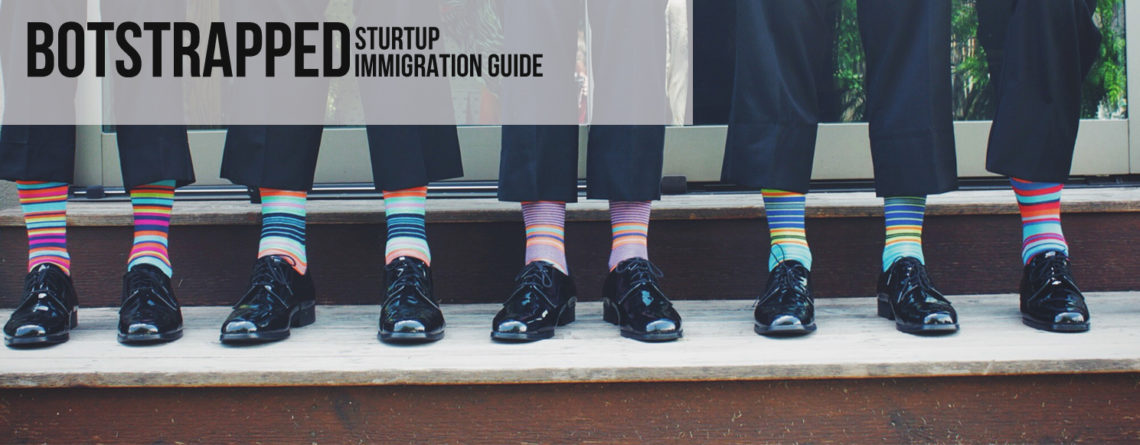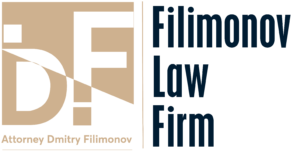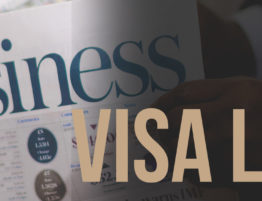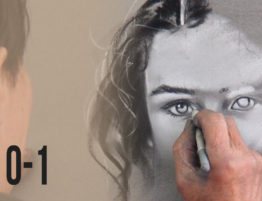
Last updated: 10-18-2016
Traditionally, when O-1 visa is mentioned, we first think of athlets, celebrities or Nobel laureats. Well things have changed. Recent developments are re-shaping our reality and, as new technologies advance, they require a multitude of superior skills and allow for bigger exposure, certain types of professions have been added to consideration – and successful approval – under the EB-1 category or for Visa O-1. So, yes – these days even a digital nomad can probably get a visa reserved for Nobel laureats.
If you are an app or web applications developer, inventor, startup founder or – as often the case – wearing all the hats, – read on.
Work visa O-1 and Immigration Visa EB-1 are reserved for those of extraordinary ability or achievement in science, education, business or athletics, who can demonstrate sustained national or international acclaim.
Traditionally we would think about a Nobel prize nominated scientist or a movie star but how about humble smart phone applications that nevertheless get hundreds of thousands downloads a month, make positive change in human lives, gets a lot of mentions online and took a hell of extraordinary ability to invent, develop and promote? The good news are that this is now a new field considered for O1/EB-1.
In fact, visa O-1 has recently attained an increased popularity as an alternative to visa H1B due to the fact that during a couple of recent years it has been consistently filling it’s yearly cap within the first days of the application period leaving many extraordinary job applicants without a chance of starting their employment.
But less known is the fact that you do not necessarily have to receive a job proposal to apply and get visa based on your extraordinary ability or achievement. Many developers, inventors and startup founders can self-petition for EB-1 visa under Extraordinary Ability or Achievement sub-category and come to the Unites States as independent entrepreneurs.
In generality, ‘Extraordinary Designation’ can be satisfied by showing that applicant has received a significant internationally recognized award, such as Nobel Prize, or at least three of the following:
– receipt of nationally or internationally recognized prizes or awards for excellence in the chosen field;
– membership in associations in applicant’s field which require outstanding achievements, as judged by recognized national or international experts in the field;
– published material in professional or major trade publications, newspapers or other major media about the applicant and the applicant’s work in the chosen field;
– original scientific, scholarly, or business-related contributions of major significance in the chosen field;
-authorships of scholarly articles in professional journals or other major media in the chosen field;
– a high salary or other compensation for services, as evidenced by contracts or other reliable sources of evidence;
– participation on panel, or individually, as a judge of the work of others in the chosen field or closely related field;
– employment in a critical or essential capacity for organizations and establishments that have a distinguished reputation;
Unlike with artists visas, it is not often a straightforward process to qualify an individual for visa O-1 or EB-1 as their achievements may not be as evident as ones of a famous film director or Olympic Champion.
Yes, it becomes a little bit more complex to get Visa O1 or Visa EB-1 approvals for persons in traditionally less acclaimed categories. USCIS will vigorously examine your eligibility, and has created a list of general criteria persons seeking visas based on extraordinary ability or achievement must meet.
Put more simply, you will need:
A product, software, technology or device you have created or business you’ve build based on innovations
A track record of your success and achievements
Articles, published by others about you
Let’s look at the process in more detail.
O-1 visa is relatively easier to get if you do not have rock-solid evidence of you being at the top in your category. But, since O-1 is a work visa, you will need to have a job offer from either the end user of your skills or an agency who will secure gigs for your talent.
What kind of jobs can it be? Big companies like Google, Facebook, Amazon and alike, as well as various tech start up companies where your skills can be applied in the areas of software engineering, technologies and products creation and promotion. Your employer will be a petitioner asking USCIS (US immigration service) to issue O-1 work visa for you so you can come to work for this employer in the US.
Similarly, you may get a contract with an agency company that will secure short-term job assignments for you- usually on a per-project basis – in your area of speciality and skills.
But if you were lucky enough to invent a ‘unicorn’, then you may skip the process of seeking employment and self-petition for immigration visa in EB-1 category under Extraordinary ability or Achievement subcategory.
What kind of evidence is required to prove your eligibility? Short answer is: the more – the better.
– Collect everything that proves your recognition such as award nominations, certificates, prizes and etc you got for your achievements or proof that you have been appointed to serve in juries to any contests or been invited to be an expert at any event or program in the area of your extraordinarity or achievement.
– Collect every article (paper-printed or online) about you and your work and achievements.
– Collect all your own publications in various mediums. This can even be guest blog posts or articles you written for various online resources.
– If you have won contents or received grants and secured financing to develop your project, provide proof of funds received (or arrangements made);
– Provide letters of recommendation for renowned experts in your field;
– Prove that you have worked at top level positions with responsibilities crucial to the company’s operations in the areas of your extraordinarity or achievement, i.e. you were a product director or headed all tech operations in your company, to name a few.
The more “points” you can score out of those criteria 10 listed above, the better chances you have for your visa O-1 or EB-1 be approved by USCIS.
All these materials evidencing your extraordinary ability or achievement then must be organized, translated (where necessary) and enclosed to your ‘case’ together with a support letter from your employer or yourself (if you self-petition under EB-1 category) and from I-129 (for work Visa O-1) or Form I-140 (for immigration visa EB-1).
If you find yourself eligible for O-1 or EB-1 visas and would like to get started, we invite you to set up an initial consultation to discuss your prospects and first steps.
This article provides general outlook of the current state of the tech and startup industry and recent practices in startup and business communities and was written for informational purposes only. Nothing in this article should be construed as, or considered to be a legal advice. You should not act, or refrain from acting, or rely on the basis of any information contained in this article or on the US-Immigration.law website without seeking and retaining the advice of an attorney.



